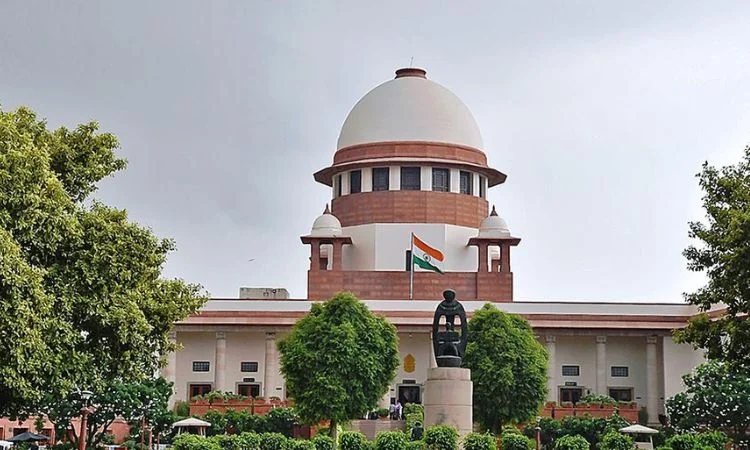The contentious Citizenship Amendment Act (CAA) is set for a major legal showdown today, as the Supreme Court commences hearing a batch of 237 petitions challenging the constitutional validity of the citizenship law. Led by Chief Justice DY Chandrachud, a three-judge bench will hear submissions from both sides to determine the fate of this polarizing legislation that has been mired in controversy since its passage in 2019.

The CAA fast-tracks citizenship for non-Muslim migrants from Pakistan, Bangladesh and Afghanistan who entered India before 2015 on grounds of religious persecution. However, its critics argue that linking citizenship to religion violates India’s secular constitution and is discriminatory towards Muslims. When the law was passed, widespread protests erupted with demonstrators alleging it to be “anti-Muslim”. With the top court now seized of the matter, a definitive verdict is awaited to settle this contentious debate once and for all.
As the hearing commenced today, the bench made it clear that it wants uninterrupted arguments from both sides before arriving at a decision. Senior advocates Kapil Sibal and Dr. Abhishek Manu Singhvi appeared for the petitioners, reiterating their stand that CAA is unconstitutional for making religion a criteria for citizenship. Meanwhile, Solicitor General Tushar Mehta defended the law’s constitutional validity, asserting that it does not violate any fundamental rights.
With the contentious issue now being argued threadbare before the highest court, all eyes will be on how the bench weighs the competing claims. If CAA is struck down, it will deal a big blow to the BJP government which has strongly backed the law. However, an endorsement of its validity will be a shot in the arm for the ruling party ahead of crucial state polls. The top court’s verdict is also keenly awaited by millions of citizens keen to see the legal principles around faith and citizenship finally settled.
Whatever be the outcome, this landmark case ensures that the debate around CAA will now have the final say from none other than the guardians of the Indian constitution. In the coming weeks, the top court will apply its judicious mind to determine if the law is constitutionally valid or violates the secular ethos of the world’s largest democracy. Its nuanced verdict will not only impact citizenship for millions but also shape India’s political discourse and social fabric for the foreseeable future.















